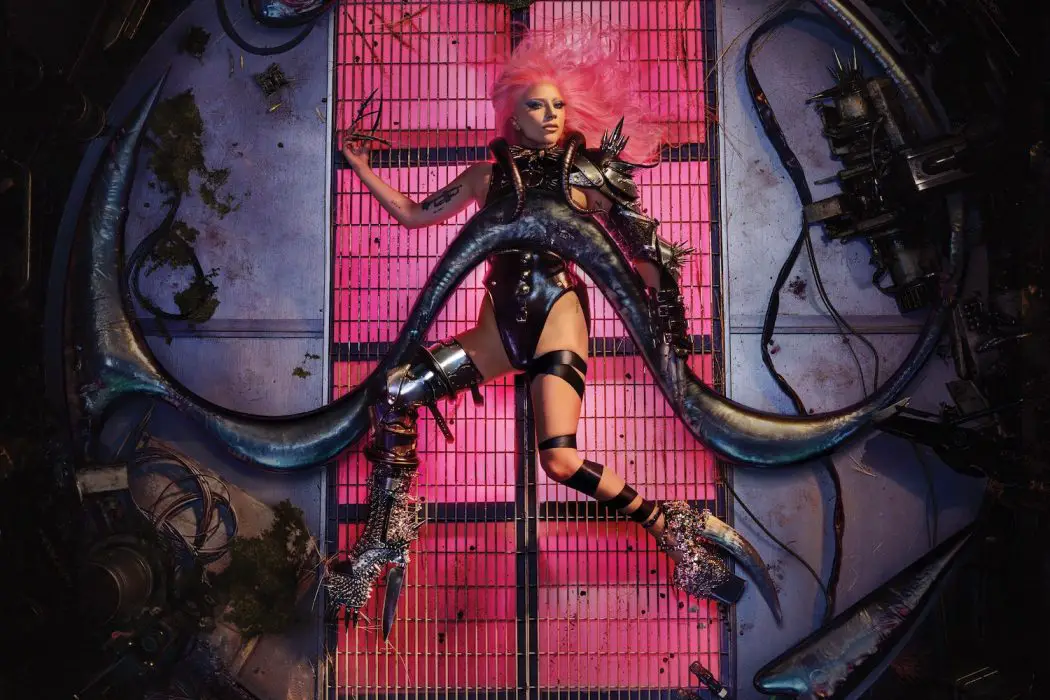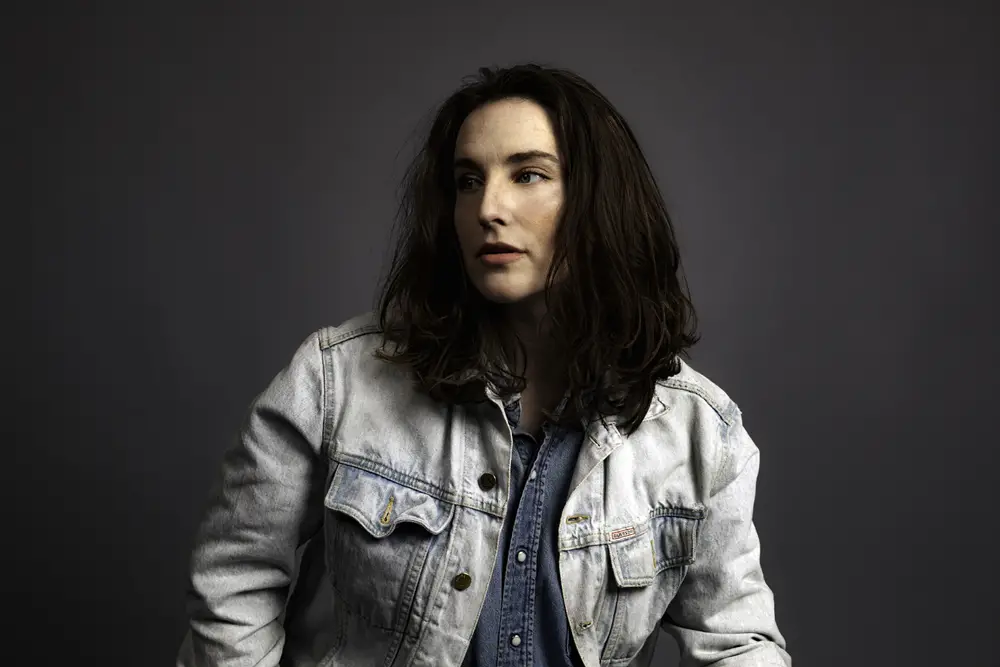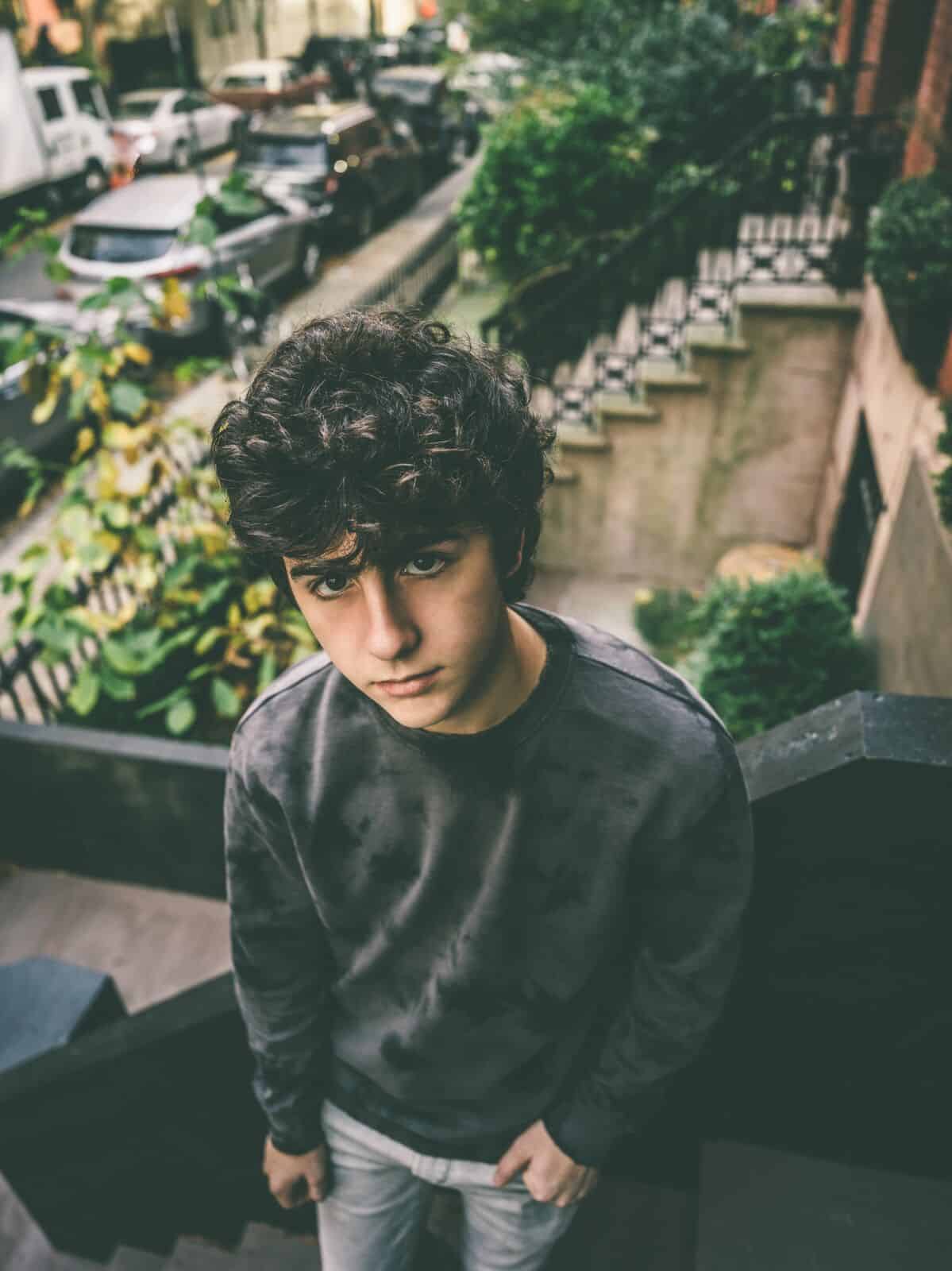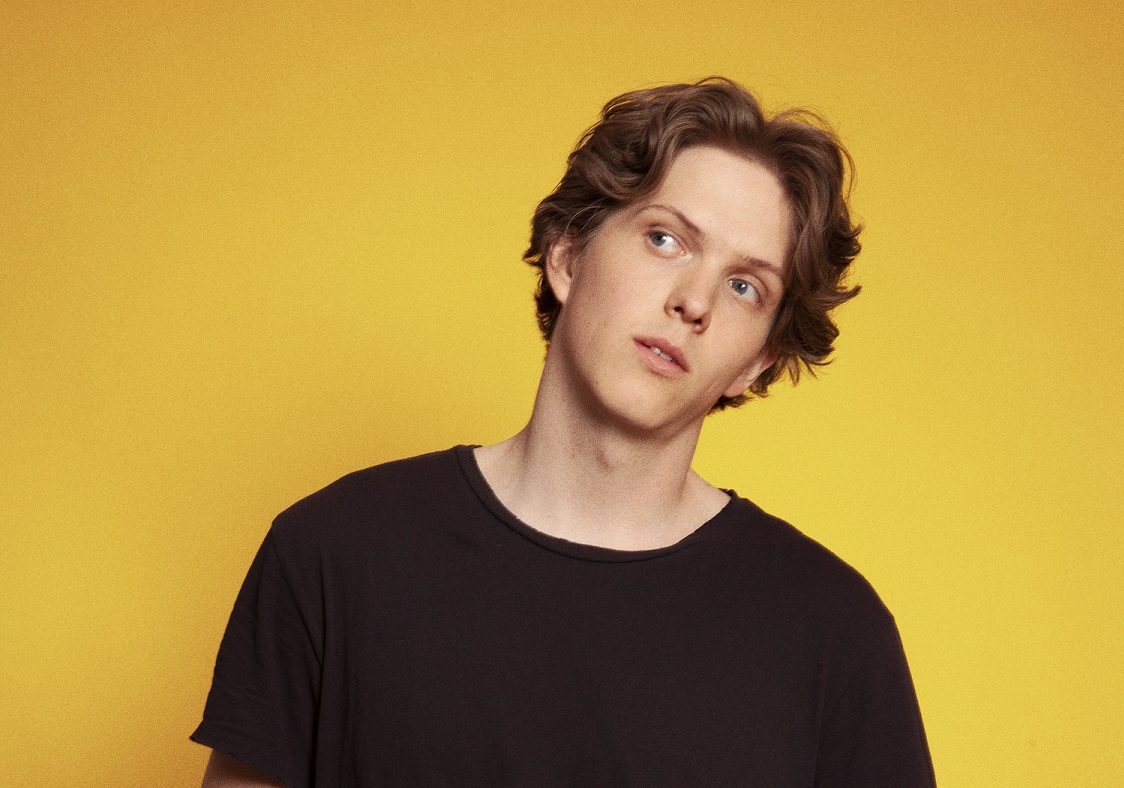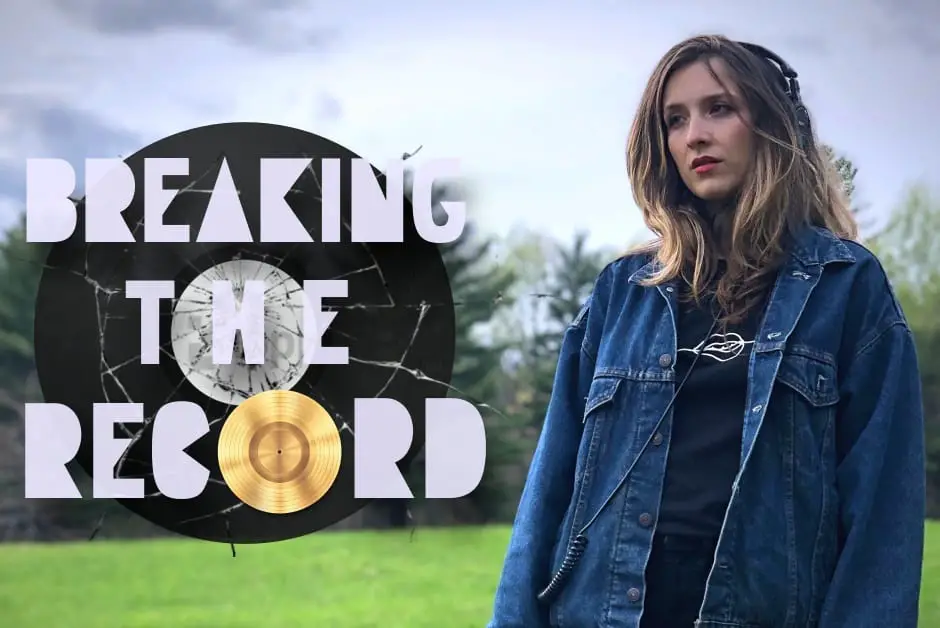Atwood Magazine’s writers share their thoughts on Lady Gaga’s sixth album ‘Chromatica’, discussing its cohesiveness, theatricality, and ranking within the artist’s dozen years’ worth of pop hits.
Featured here are Atwood writers Melanie Lustig, Maggie McHale, Josh Weiner, and James Crowley.

— —
We’re now a solid dozen years into Lady Gaga’s reign in the world of pop music. What’s been your relationship to her music throughout that period? How did that affect the way in which you approached her sixth release, Chromatica?
James: I love Gaga. I legitimately do. The “Paparazzi” VMA performance is one of my favorite televised performances of all time. I’ve spent money to see Gaga live in concert, but Gaga is incredibly inconsistent. The Fame and Fame Monster are great. Born This Way is okay, but not nearly as interesting. Artpop is pretty unremarkable. Joanne is great. A Star is Born was great, but I think for all the good projects Gaga has; she puts out a few lackluster ones. Based off the first singles, I was pretty unimpressed and anticipated this to be a write-off Gaga project, and i feel like I was right. I was very unimpressed, and I feel my suspicions were right.
Josh: Like James, I’m a longtime Lady Gaga fan, and have been listening to her regularly ever since she emerged during my late high school years. But I’ll respectfully disagree with him regarding her new music: I liked the lead single “Stupid Love” quite a bit and also think Chromatica is a consistent, well-produced and thoroughly enjoyable record. It represents 43 entertaining minutes at a time when fun in any form should be welcomed whole-heartedly.
Maggie: I’ve been a fan of Lady Gaga since her first album, and she shaped much of my adolescence. I would be comfortable in claiming that she’s in my top-ten favorite artists of all time; because of this, I often feel I’m wearing rose-colored glasses approaching anything Gaga-related. I’ve enjoyed some of her albums less so than others, but nonetheless am always solidly impressed by her musicality and artistry. Chromatica falls higher on my list of Gaga projects; the album is rife with bubbling pop gems that create a truly enjoyable music experience from start to finish.
Melanie: I have always appreciated Lady Gaga for her campy, character-like approach to pop music that feels inclusive of everyone who just wants to dance. She stepped into a much more raw persona with Joanne which showcased the incredible vocals we all know she was capable of and were somewhat distracted from with electronic dance beats in her earlier work, but I was actually excited that Chromatica fell back into the Madonna-esque pop jam category. Lady Gaga is mesmerising to me in that her musical talent could take on any artistic category, and she has proven that time and time again, but she’s so intentional about her choices that I approached this album with a juxtaposing sense of “oh it’s another set of pop hits” and “but what is she doing? What does she want us to take away from this?”
Every Lady Gaga album release is made into an especially great spectacle by its accompanying music videos. What are your thoughts on the new batch of clips that have come from Chromatica?
Maggie: I think the visuals accompanying the new singles are Gaga through-and-through. They are camp; they are colorful; they have personality. Lady Gaga, if nothing else, is inherently a performer, and her visual components always proves that tenfold.
Melanie: I have always found Lady Gaga’s videos visually overwhelming, and somewhat removed from what the music is saying. The videos for Chromatica are certainly eye-catching, and the robot-esque/other worldly characters she has built to align with one definition of “chrome” shine through, but in some ways I think the videos distract from the underlying messages in the music. Lady Gaga has an unusual ability to create pop songs that you want to dance around your kitchen to that aren’t just full of fluff – her lyrics hold weight and the music itself has a certain arc within the album that builds, and changes, and takes the listener through various stories. The videos feel almost like an intentional departure from those deeper meanings to touch on other statements she’s attempting to make in an almost cartoonish nature, and remind the viewer that Lady Gaga isn’t shy about putting it all right out there in as dramatic a fashion as possible. I tend to like her over-the-top approach in some ways because it does allow the listener to walk away with whatever they choose from the music — reminiscent of Gaga’s Just Dance phase and, well, the ’80s — but I can’t say I’m a big fan of the current aesthetic.
Josh: There’s no reason to think that Lady Gaga won’t have a prominent presence at the VMAs once again this year. “Stupid Love” is a visual treat, both thanks to the colorful costumes and the pretty filming location in the California desert. Its impressive choreography definitely evokes Gaga of old, and the decision to include a racially diverse cast of dancers couldn’t be more appropriate in light of recent events.
I also enjoyed “Rain on Me” a good deal. The idea of having Lady Gaga and Ariana Grande– collectively responsible for a massive chunk of the most memorable dance sequences in all of the 21st century’s music videos– do a dance face-off was fantastic and definitely works out well. And that closing image of the two of them embracing– so adorable! I do hope more videos emerge from Chromatica.
Vocal collaborations tend to be limited on Lady Gaga’s LPs. On this record, she has three of them – with Elton John, Ariana Grande, and Blackpink. How do these guest artists contribute to the album?
Josh: All three are memorable. Lady Gaga had gone way too long (since 2009’s duet with Beyoncé, “Telephone”) without collaborating with another leading female pop star of the moment. It’s great to hear her break the dry spell with a seamlessly-incorporated Ariana Grande on “Rain on Me.” Elton John and Gaga vocally complement each other amazingly well on “Sine From Above,” and K-Pop group Blackpink give the record some great international flair on the all-too-brief track, “Sour Candy.”
Maggie: Duets are not often something we find in Gaga’s discography, but I think that when she does have them, they shine brilliantly amongst her catalogue. The duets from this record are all unique in their own ways, showing off Gaga’s range and adaptability. Particularly, I think that “Rain On Me” is one of the catchiest pop songs this year so far; pairing together two vocal powerhouses like Ariana Grande and Lady Gaga is just an automatic win.
James: I think they provide some much needed variation. I didn’t care much for “Rain on Me,” but “Sour Candy” and “Sine From Above” are both welcome changes in an otherwise very tedious album. Elton John’s contributions on “Sine from Above” were especially welcomed considering that it was not what I was expecting from Gaga. I thought it was going to be a ballad that featured him, but it was very enjoyable as a dance song.
It’s well-known that Lady Gaga has a theatrical background, and she never shies away from her roots in her music. Do you think Chromatica exemplifies this as well? Why or why not?
Josh: It’s an ambitious record with an extensive lineup of producers and certainly comes across as feeling quite cinematic. Like other 2020 pop records by the likes of Dua Lipa and Charli XCX, I learn for the day when Chromatica can be enjoyed communally on the packed dance floor it not only deserves, but was designed to evoke.
Maggie: Chromatica certainly feels theatrical, commanding its themes with a bevy of artistic panache. Even simply from its overture “Chromatica I” into the whimsical “Alice,” one can already anticipate that the rest of the album will have a narrative quality about it. Throughout the remainder of the album on songs like “Plastic Doll” and “Enigma,” Gaga tells stories that feel particularly illustrative. Chromatica as a whole most definitely benefits from not only these songs, but Gaga’s background in theatre as well.
James: I don’t think it really does call on the theatrics save for the three Chromatica tracks, and those I’m not totally sold on. They almost feel like concert quick change moments, which they may have been intended for.
For a mainstream pop artist, Lady Gaga’s lyricism — especially with later releases — is notably more poignant and often personal. Which song or songs from Chromatica resonate(s) the most with you?
Melanie: There is a real sense throughout this album that Lady Gaga is making statements about hardship and bravery. She seems to suggest that even though you can’t always control what happens in life (love life or otherwise), you’ll be able to dance on the other side. It feels almost cliche given the fact that she released it as a single, but the song that lyrically resonates with me most is “Rain On Me.” It gives me that exact takeaway of “I’d rather be dry, but at least I’m alive” suggesting “I’d rather not have had to go through that challenge, but I’m still standing.” It’s powerful and inspiring, and I’m sure draws on the many challenges that Lady Gaga has experienced personally. She leaves the listener with such a sense of: Yes life is hard, but I’m going to get through this! Lady Gaga and Ariana Grande say so!
Living in a world where no one’s innocent
Oh, but at least we try
Gotta live my truth, not keep it bottled in
So I don’t lose my mind
Baby, yeah
I can feel it on my skin
It’s coming down on me
Teardrops on my face
Water like misery
Let it wash away my sins
It’s coming down on me
Let it wash away
I’d rather be dry, but at least I’m alive
Rain on me, rain, rain
Rain on me, rain, rain
I’d rather be dry, but at least I’m alive
Rain on me, rain, rain
Rain on me
Josh: I agree with Melanie about the inspirational impact of “Rain On Me,” and I would also argue that “1,000 Doves” achieves a similar effect as well. The song conveys the idea that all it takes is a little outside support for one to accomplish whatever they desire. “Lift me up, just a small nudge, and I’ll be flying like 1,000 doves,” she sings. Flying like 1,000 types of any bird would be impressive– to have it be the bird that represents the universal symbol of peace makes for an especially powerful image.
I need you to listen to me, please believe me
I’m completely lonely, please don’t judge me
When your tears are falling, I’ll catch them as they fall
I need you to listen to me, please don’t leave me
I’m not perfect yet but I’ll keep trying
When your tears are falling, I’ll catch them as they fall
‘Cause inside we are really made the same
In life, waiting’s just a stupid game
Lift me up, give me a start
Cause I’ve been flying with some broken arms
Lift me up, just a small touch
And I’ll be flying like a thousand doves
Maggie: For me, the empowerment embodied in “Free Woman” resonates most strongly. The first two lines of the chorus in particular strikes me as particularly powerful: “I’m not nothing without a steady hand / I’m not nothing unless I know I can.” Being a strong, independent woman who knows what she wants and works hard to get it, external from societal norms. Women are powerful, beautiful, capable individuals who can achieve absolutely anything as long as they have the willpower and desire to do it. Feeling autonomous in one’s decisions and feelings is one of the most powerful feelings to be felt.
I’m not nothing without a steady hand
I’m not nothing unless I know I can
I’m still something if I don’t got a man
I’m a free woman
Oh-oh (be free)
James: “Alice,” but simply because it’s the best song on the album. That being said, it only resonates with me in the sense that it’s a catchy song. There isn’t a moment where I feel this album reflects on my life at all, which I’ve had with Joanne or The Fame (Monster) and Born this Way. In my opinion, this isn’t really a lyrical record quite like her others.
Do you think there are any parts of the album that don’t make as much sense with the rest of the album? Why or why not?
Josh: Can’t say anything sticks out like a sore thumb. Sonically and thematically, Chromatica functions well as one cohesive package. “Sour Candy” is the song that feels like the biggest anomaly, mainly because it’s the only song here with an international feature (Blackpink) and on which Gaga is only featured for about half the time. But that is compensated for by the track’s electropop production, which helps it slide in more smoothly with the rest of Chromatica.
Maggie: I think that most of the album serves well as a whole narrative, however I will say that I felt like “Sine from Above” bored me a bit, and felt a bit derivative (sorry, Sir Elton). That’s not to say that it doesn’t sonically work well in the context of the rest of the album — I think it nonetheless fits in the overall theme of Chromatica. I think Gaga balances each song well with the others, curating a holistic story that illustrates Gaga’s personal thoughts showcased brilliantly with unmatched pop pizzazz. Chromatica is a pop record that only Lady Gaga could successfully create, and I feel lucky to have someone so powerful and singular in music currently.
James: For all the hating I’ve done on this record, I’ll give it that it was consistent. Nothing stuck out like a sore thumb or was a completely left field song, but maybe that would have helped it. I wasn’t really blown away or taken aback by anything, which maybe would’ve given me more to really love on this record.
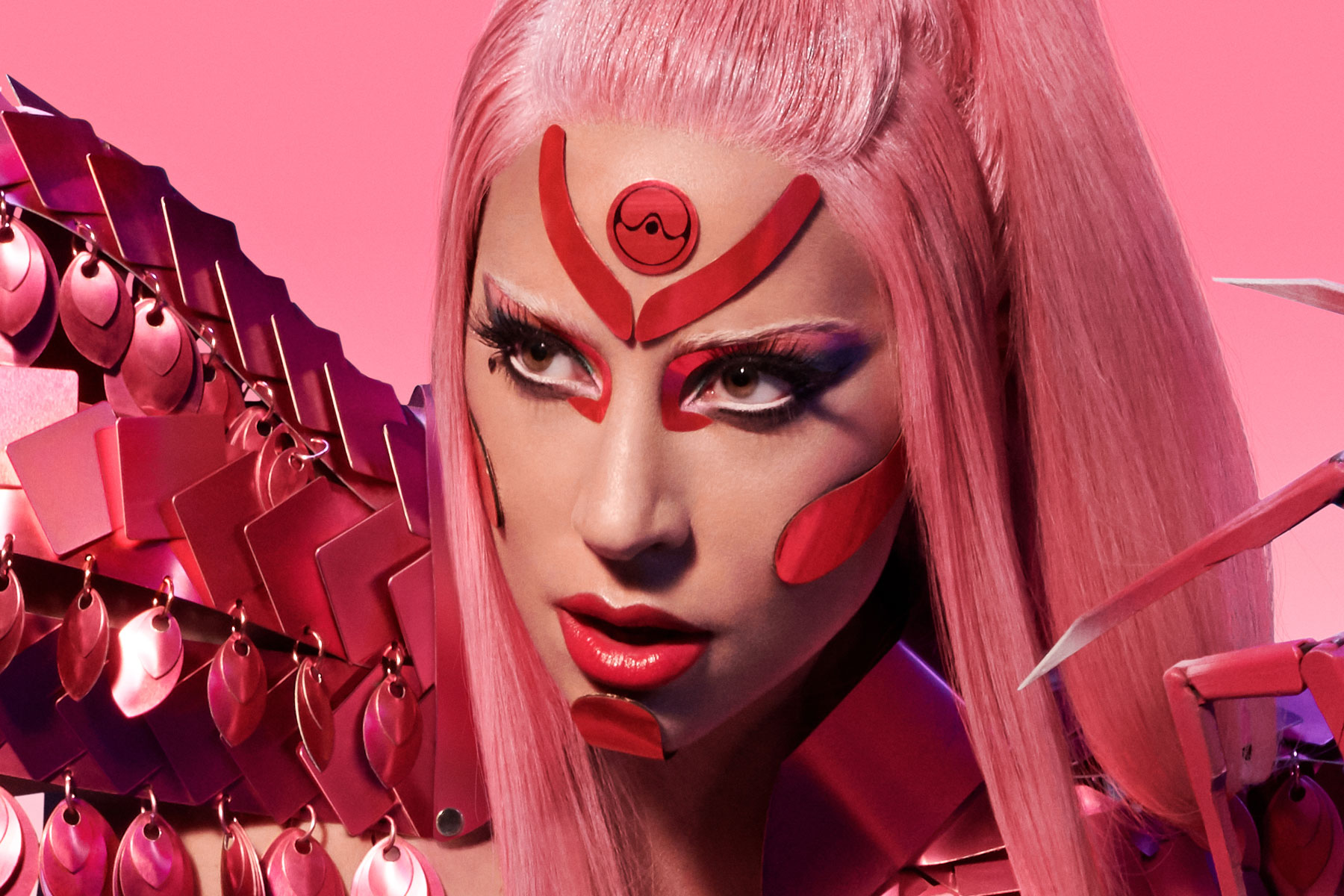
Is this album a “return” to the old Gaga, as some reviewers have suggested? Conversely, does it pull from some of her newer releases in various respects? Discuss.
Josh: It brings her first three albums to mind much more readily than either Joanne or the A Star is Born soundtrack (one exception: “Babylon,” which recalls Artpop tracks like “Venus” and “Applause” with its spoken chorus). Maybe Lady Gaga was yearning for the days when she was far-and-away the biggest breakout star in the world; maybe the foray into country and blues rock that “Shallow” and the rest of her 2018 output represented was always meant to be a one-and-done affair. But in any case, channeling the spirit of early 2010’s Gaga into the updated EDM environment of the early 2020’s winds up being a successful approach for Chromatica.
Maggie: I definitely feel like Chromatica is more reminiscent of older Gaga, a la the Born This Way era. The album is pure pop goodness from beginning to end, showcasing Lady Gaga’s knack for these musical sensibilities with fervor. Chromatica reminds us of the Lady Gaga that we fell in love with over a decade ago, and further shows that despite her chameleonic nature, she can still go back to her origins.
James: There are some aspects that it sort of harkens back to. Sonically, definitely, but the songwriting isn’t as strong on Chromatica as it was on those first albums. The focus on writing danceable pop music is the same, but it doesn’t capture me the same way those records did. I don’t see really any similarities to her newer stuff, which I enjoyed a fair amount. This just doesn’t feel as personal or interesting.
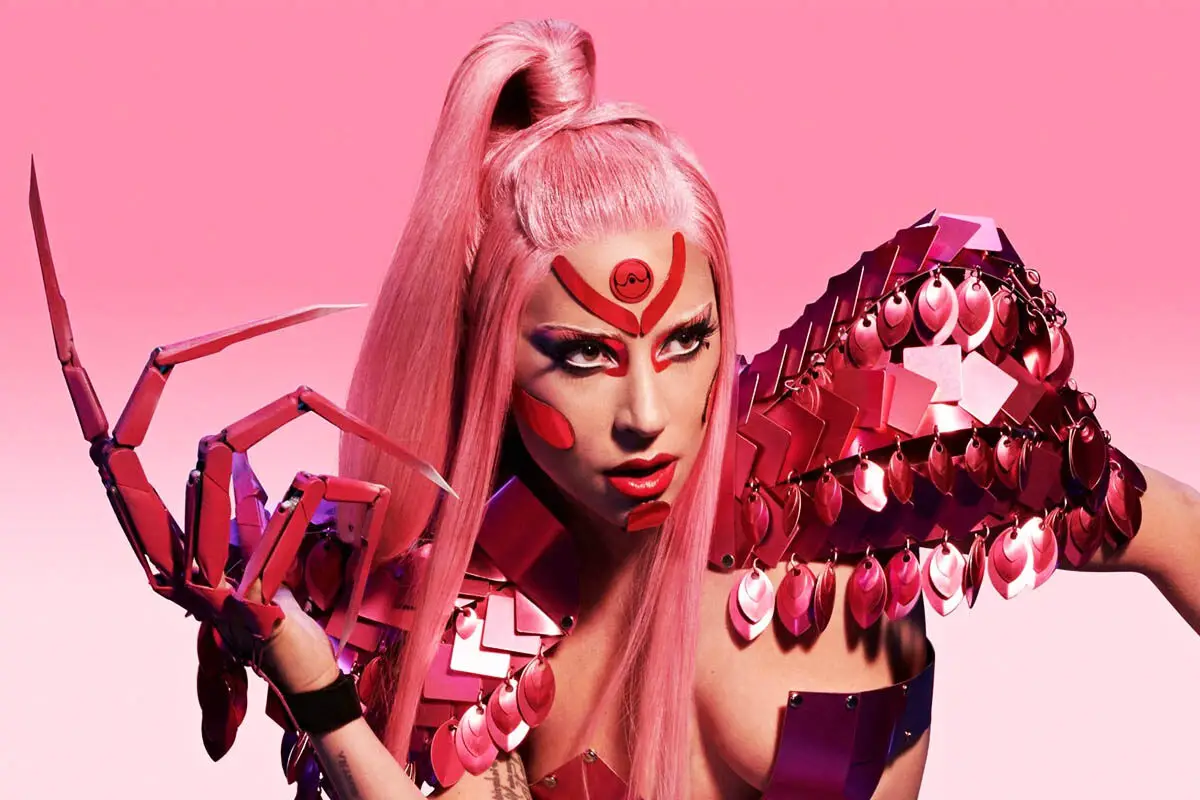
— — — —

Connect to Lady Gaga on
Facebook, Twitter, Instagram
Discover new music on Atwood Magazine
? © Lady Gaga
Chromatica
an album by Lady Gaga

